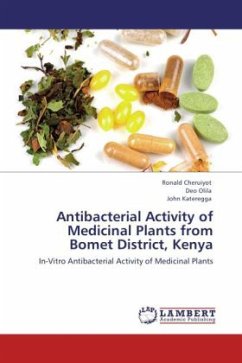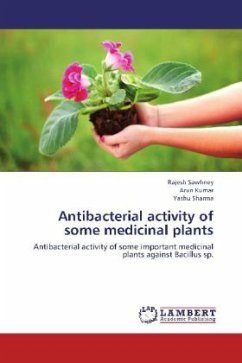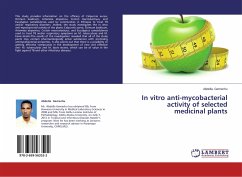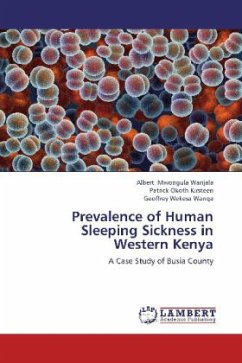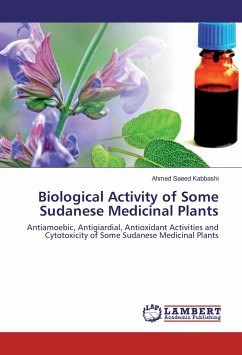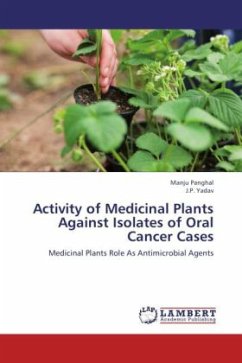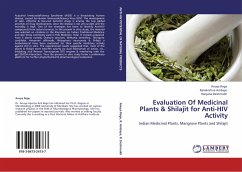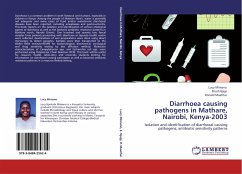Nearly all cultures from ancient times to the present day have used plants as a source of medicines. Current strategies to overcome the global problem of antimicrobial resistance include research in finding new and innovative antimicrobials from plants. This study was carried out to determine the antibacterial activity of plant extracts of Olea africana stem-bark, Psidium guajava leaves, Vernonia amygdalina leaves, Lantana camara leaves and Mangifera indica leaves which are used in folklore medicine to treat infections of microbial origin in Longisa region of Bomet District, Kenya. The plant parts were collected, shade-dried, pounded using mortar and pestle. Methanol extracts were derived and screened. Standard cultures of Escherichia coli ATCC 25922, Pseudomonas aeruginosa ATCC 27853, and Staphylococcus aureus ATCC 25923 were used in the study for In-vitro antibacterial Assays. Qualitative Phytochemical screening of extracts was also carried out using standard methods to determine bioactive ingredient in the plants used. This in-vitro study corroborated the antimicrobial activity of the selected plants used in folklore medicine. The plants could be potential sources of new drugs.

